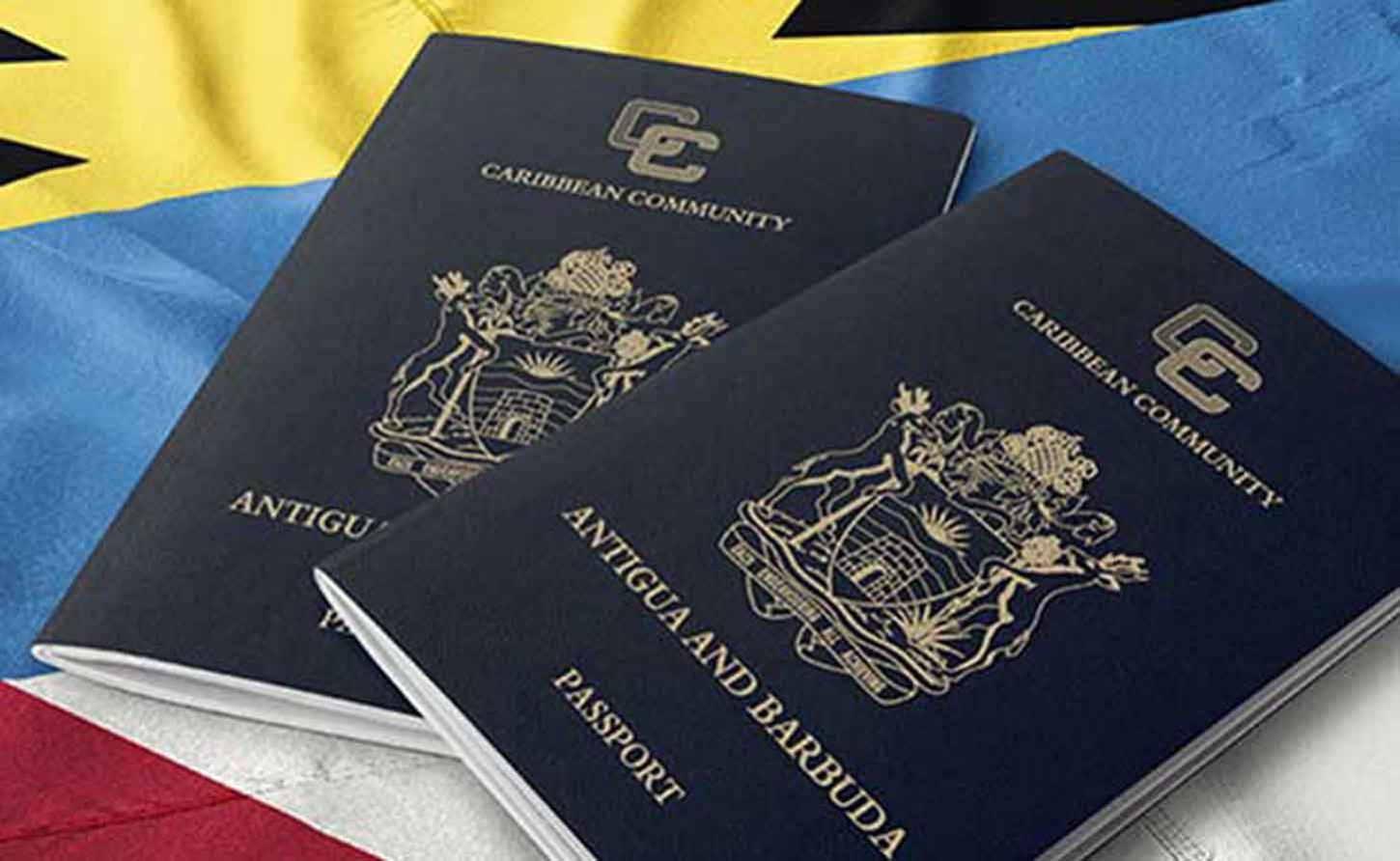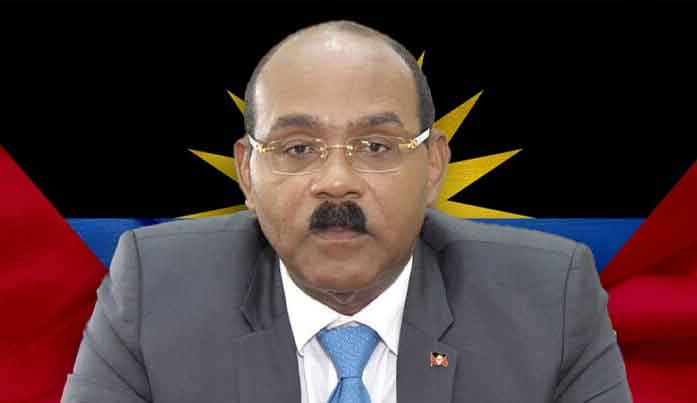ANTIGUA | Diplomatic Passport Storm: Official List Surfaces in U.S. Corruption Probe, Fuels International Fears

ST. JOHN'S, Antigua, May 6, 2025 - – A simmering diplomatic scandal in Antigua and Barbuda is threatening to boil over, as an official list detailing nearly two hundred diplomatic passport holders—many of questionable eligibility—has dramatically surfaced as an exhibit in a U.S. federal court corruption inquiry targeting Prime Minister Gaston Browne's administration.
This revelation not only casts a harsh new light on the island nation's controversial passport practices but also amplifies existing anxieties within the European Union and the United Kingdom over the potential misuse of Citizenship by Investment Programs (CIPs) prevalent in the Eastern Caribbean.
The Antiguan government, already battling the reputational fallout from issuing a diplomatic passport to Alex Saab Moran—a man the United States identified as a notorious money launderer for Venezuela before a controversial prisoner exchange—now finds itself under an even more intense international microscope.

The document meticulously outlines 186 diplomatic passports issued by Antigua in recent years. A staggering 25 of these were granted to foreign nationals, and a closer inspection, as suggested by the original information from Kenneth Rijock's Financial Crime Blog, indicates that a significant number of recipients appear to lack any legitimate claim to such credentials under established diplomatic protocols.
Vague designations like "Envoy"—a title not typically associated with specific responsibilities under the 1961 Vienna Convention on Diplomatic Relations—are peppered throughout the list. Others are clearly not government officials by any conventional measure, raising suspicions that these diplomatic privileges may have been awarded for partisan political favors or, more troublingly, for corrupt purposes.
It's a stark reminder that Honorary Consuls, for instance, are not entitled to diplomatic passports, yet such irregularities appear to have been overlooked.
The allure of a diplomatic passport is potent. It can allow holders to bypass standard customs and immigration screenings, ushering baggage through without inspection and generally affording VIP treatment.
1 For those with criminal intent, such as money launderers and transnational criminals, these documents become golden keys to smuggle bulk cash, narcotics, and other contraband with greatly reduced risk. The critical question now hanging over St. John's is whether any individuals on this newly disclosed list abused their diplomatic status for illicit activities, perhaps even in connection with figures within the Antiguan government. This is precisely an issue the §1782 Discovery proceeding in the U.S. aims to explore.
This unfolding saga in Antigua plays directly into broader international anxieties. Eastern Caribbean nations have been under increasing pressure from the EU and UK, who fear their CIPs – which offer citizenship and passports in exchange for significant investment – create loopholes for illicit actors, undermining global efforts to combat money laundering and ensure security.
Concerns have been repeatedly voiced about inadequate due diligence and transparency. While Caribbean countries argue these programs are vital for their economies and are taking steps to create regional regulatory bodies and harmonized standards, the fear that these passports offer a backdoor into Europe and Britain remains a significant diplomatic friction point.
The potential revocation of visa-free travel privileges to these key regions is a constant threat, which would severely diminish the attractiveness of these CIPs.
The U.S. court proceedings, which have already seen a judge clear the path for investigators to scrutinize international wire transfers linked to Prime Minister Browne, his family members, and associates, add another layer of complexity and concern.
This legal action, as reported by various news outlets covering the case filings, aims to delve into allegations of significant corruption far beyond the diplomatic passport issue, touching upon state assets and financial dealings.
As compliance officers globally digest the implications of this leaked list, the names contained within will undoubtedly be cross-referenced to confirm Politically Exposed Person (PEP) status and to ensure financial institutions can adequately discharge their due diligence responsibilities.
The Antiguan government, meanwhile, faces a Herculean task in convincing a skeptical international community that its diplomatic and citizenship programs are not conduits for corruption and illicit activities, especially as a U.S. court digs deeper into the financial affairs of its highest echelons.
-30-

 En
En  Ar
Ar